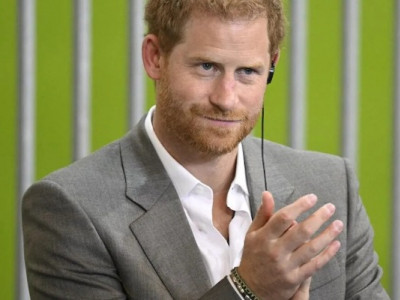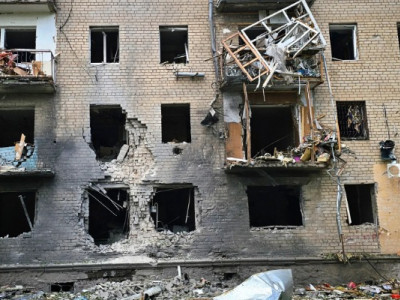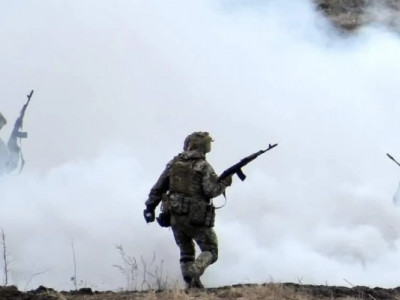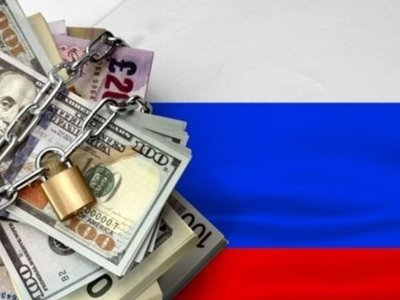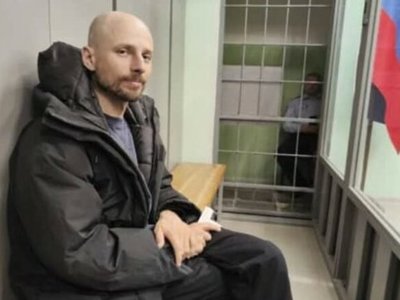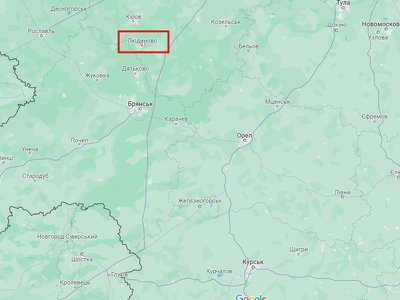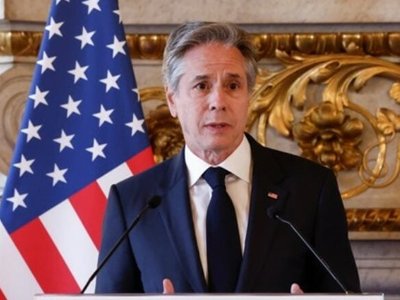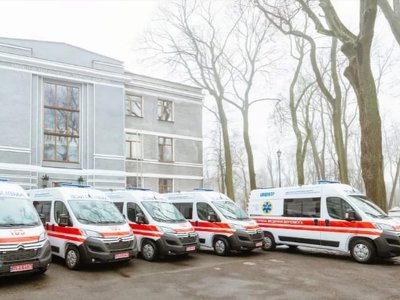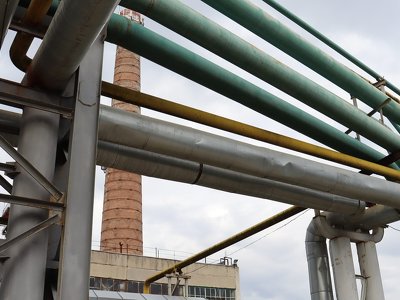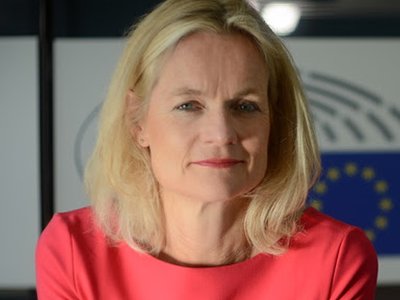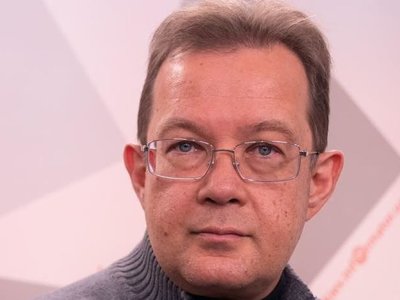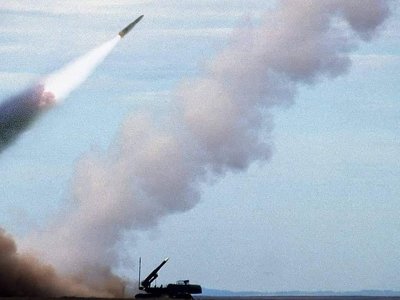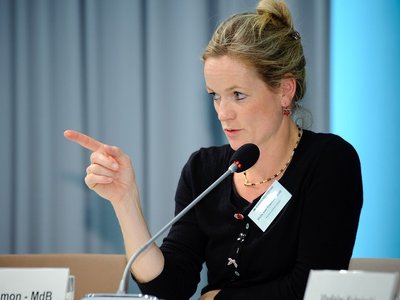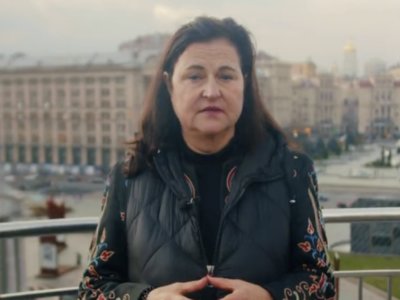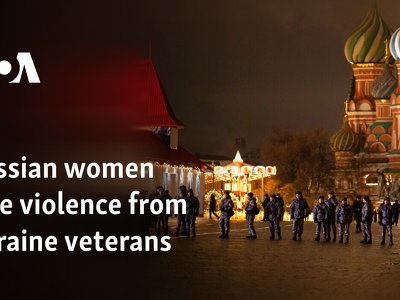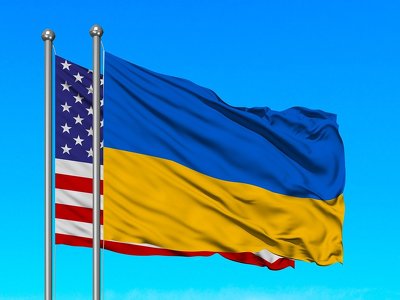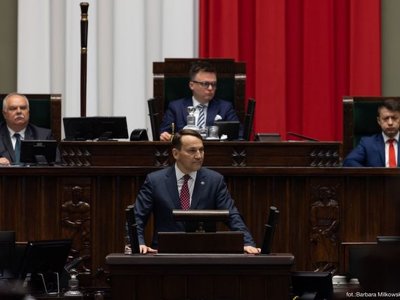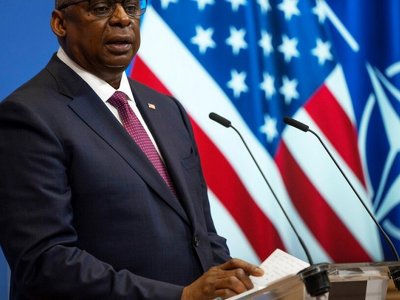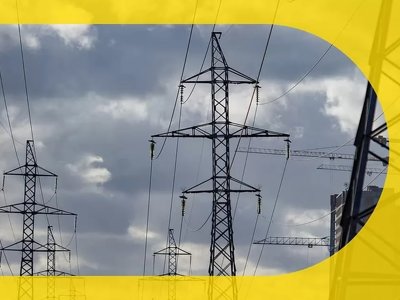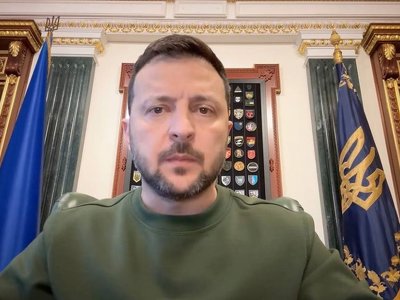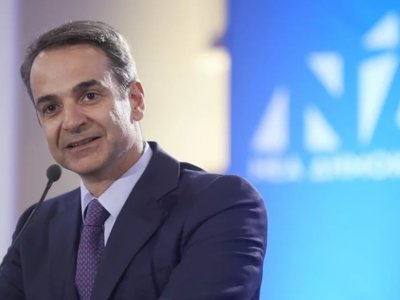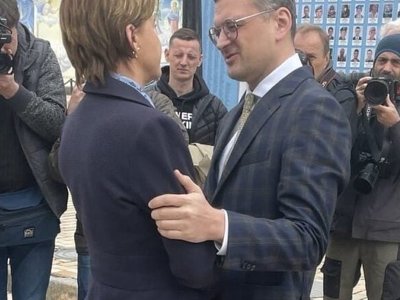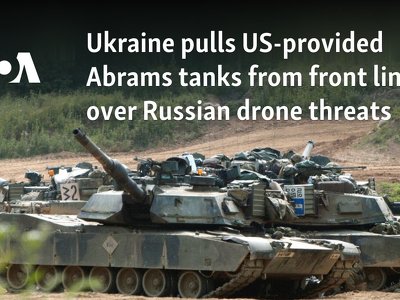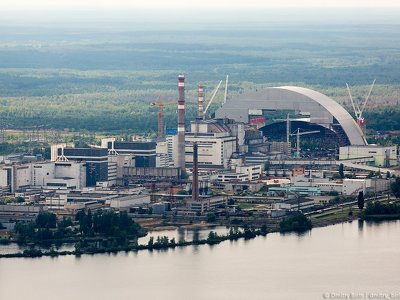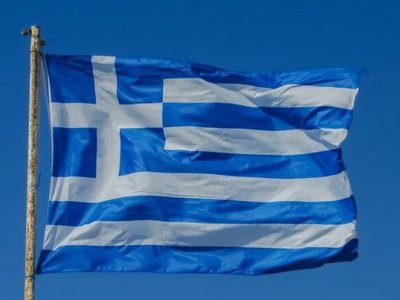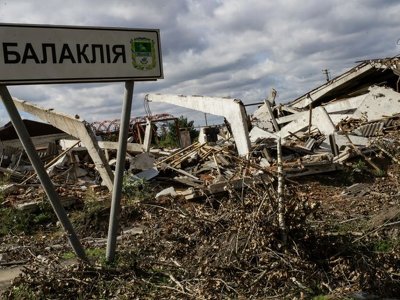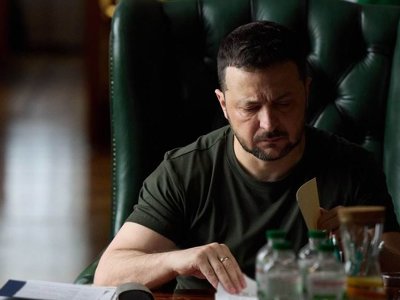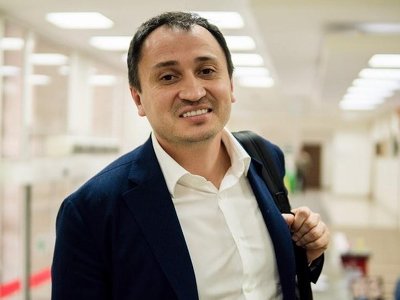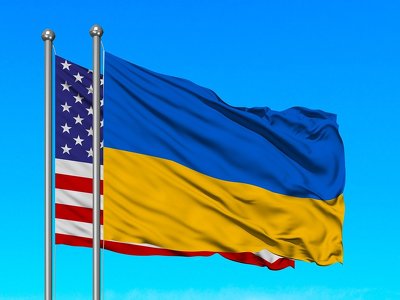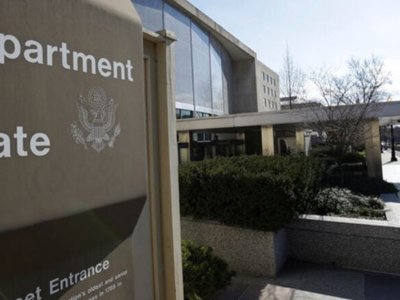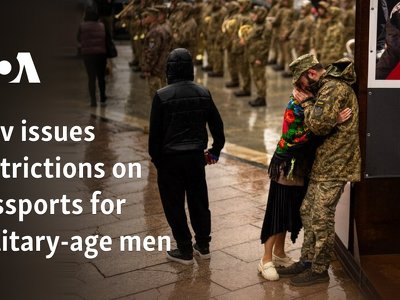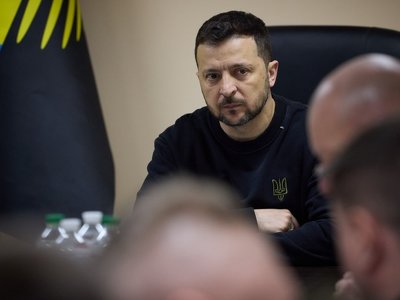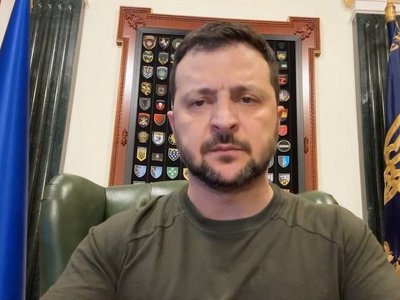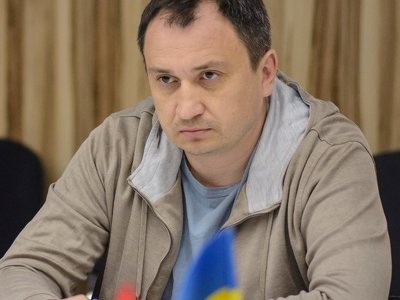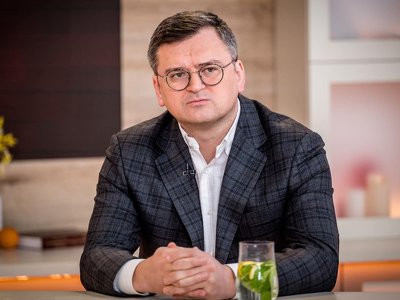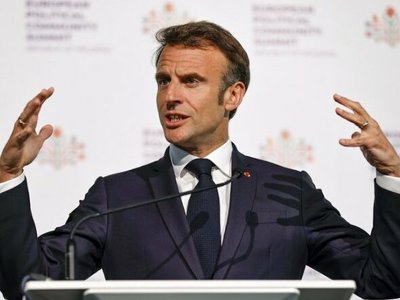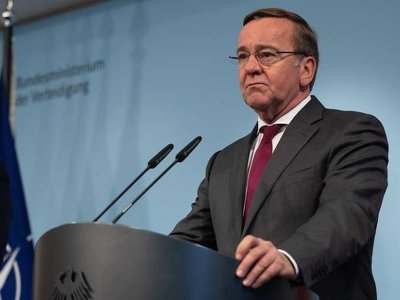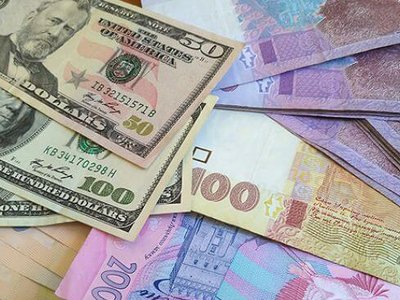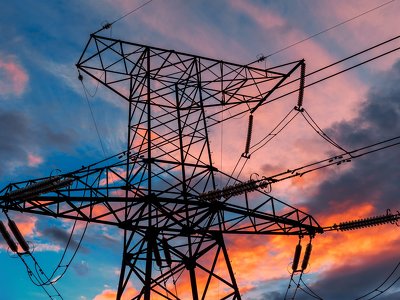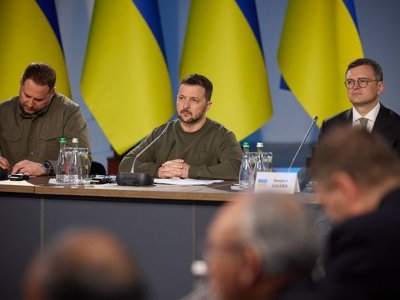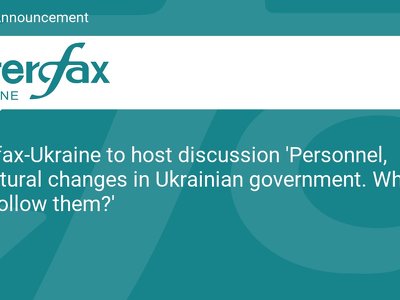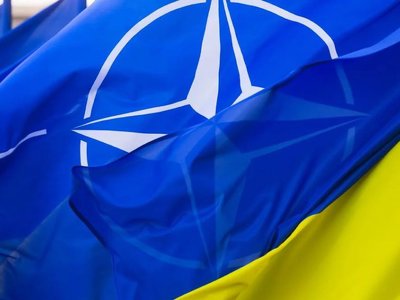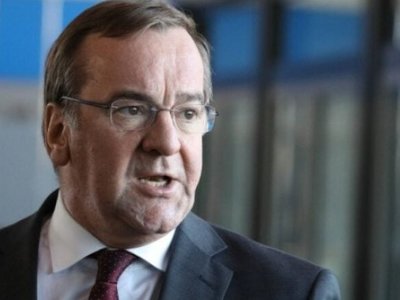Why Fico is still blocking the new EU sanctions and what could make him lift his veto

The European Commission came very close to convincing Slovakia to drop its veto of the 18th package of sanctions against Russia.
Slovak Prime Minister Robert Fico even hinted at such a possibility earlier, but in the end, he did the opposite.
Read more about for how long Bratislava might continue blocking the sanctions and under what conditions Fico is ready to support them in the article by Yurii Panchenko, European Pravda's editor: Fico between two fires: why Slovakia is blocking sanctions against Russia and what he wants in return.
The proposed sanctions target Russia’s financial sector (including an expanded SWIFT ban and restrictions on the Russian Direct Investment Fund), exports (especially in mechanical engineering, metallurgy and chemicals), but the core restrictions concern energy.
The European Commission proposes lowering the oil price cap from $60 to $45 per barrel, banning imports of oil products refined from Russian crude, blacklisting 77 vessels from Russia’s "shadow fleet," and banning any transactions related to Nord Stream 1 and Nord Stream 2, effectively closing the door on any attempt to revive these pipelines.
Initially, the Commission succeeded in easing all of Slovakia’s concerns about the economic impact of the sanctions.
But then Bratislava found a new reason to block the package.
The Slovak government’s new objection centers on the EU’s plan to fully phase out purchases of Russian oil and gas by 2028.
This initiative falls under the EU’s REPowerEU program, which Fico cannot block directly. So instead, he is trying to leverage the sanctions package to extract either exemptions from the 2028 target or other concessions.
Fico’s compromise offer is this: the European Commission must guarantee that switching energy suppliers after 2028 will not result in losses for Slovakia.
Naturally, such a guarantee is impossible. Other Central European countries face the same challenge, but unlike Fico’s government, they have taken steps and found acceptable alternatives.
So, in essence, Fico is asking other EU countries to pay for the consequences of his government’s inaction.
In response, the European Commission offered Slovakia assistance in securing alternative energy supplies from 2028 onward, but without financial guarantees.
By blocking the sanctions, Fico aims to show his domestic audience, which includes a strongly anti-Western and often pro-Russian voter base, that he won’t bow to Brussels. Therefore, to agree to sanctions, he demands something he can "sell" to voters as a political victory.
Fico’s government is approaching its halfway point and snap elections would help him restore control over the coalition. But he will only agree to that if he believes he can win and for now, he has no such guarantee.
If the European Commission is not ready to make concessions that Fico can easily present to his pro-Russian voters as a success, the Slovak government has only one strategy left: to stall.
And recently, Malta has also joined the sanctions blockade.
- Last
- February, 05
-
-
-
-
- April, 28
-
-
-
-
-
-
- April, 27
-
-
-
-
-
-
-
-
-
News by day
19 of July 2025
